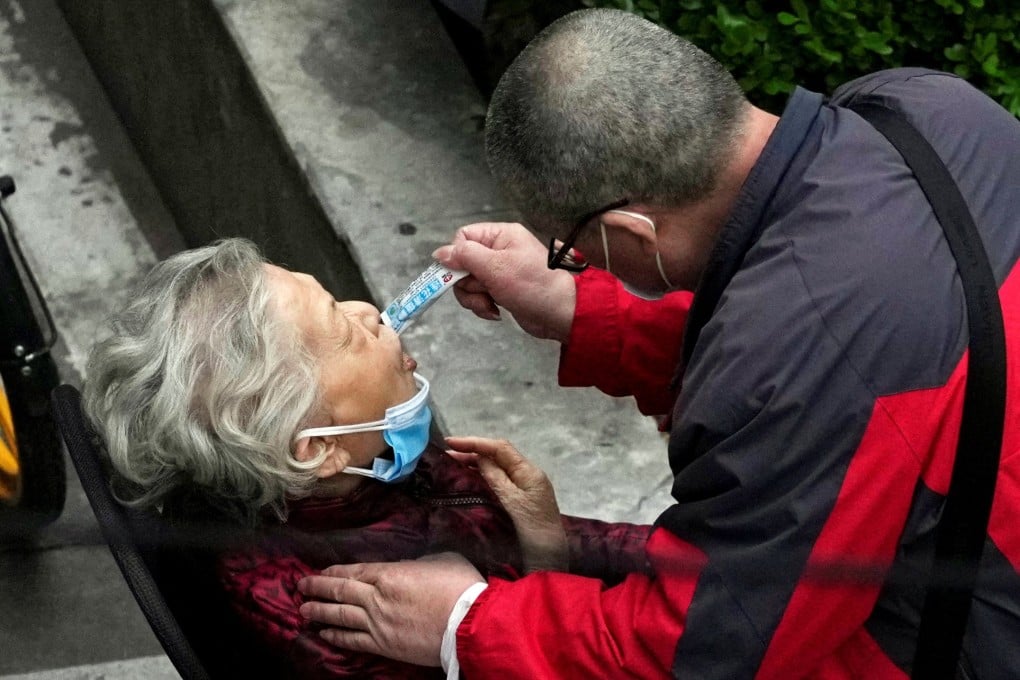Advertisement
Opinion | Traditional Chinese medicine could be just what the doctor ordered for Hong Kong’s future
- With its R&D capabilities, the city could play a key role in making TCM more cost-competitive. Embracing it could help make the city a central figure in the Greater Bay Area and national strategic planning
Reading Time:4 minutes
Why you can trust SCMP
6

I have noticed an increasing number of articles in the media about traditional Chinese medicine (TCM). It is no wonder as TCM is one of the leading policy goals of Hong Kong in the years to come, both locally and as part of the Greater Bay Area.
I can predict with some confidence that we will hear even more about it soon. Therefore, I think it is important for more people to have an accurate understanding of what TCM is and what it is not.
Promoting TCM is considered a national strategic policy for China. The strength of this push for TCM has been apparent from the outset of the Covid-19 pandemic, when China’s National Health Commission added several TCM products to the official treatment protocol starting in January 2020.
Advertisement
In April, the Hong Kong government distributed nearly a million free Covid-19 care packets, all of which contained boxes of proprietary Chinese medicine. In Shanghai, the local government distributed hundreds of thousands of boxes of Lianhua Qingwen to households.
Critics of TCM are quick to say that it is not proven to be effective against Covid-19. They also say that TCM is not held to the rigorous standards of double-blind, placebo-controlled clinical trials used in Western medicine.
Advertisement
Advertisement
Select Voice
Choose your listening speed
Get through articles 2x faster
1.25x
250 WPM
Slow
Average
Fast
1.25x
